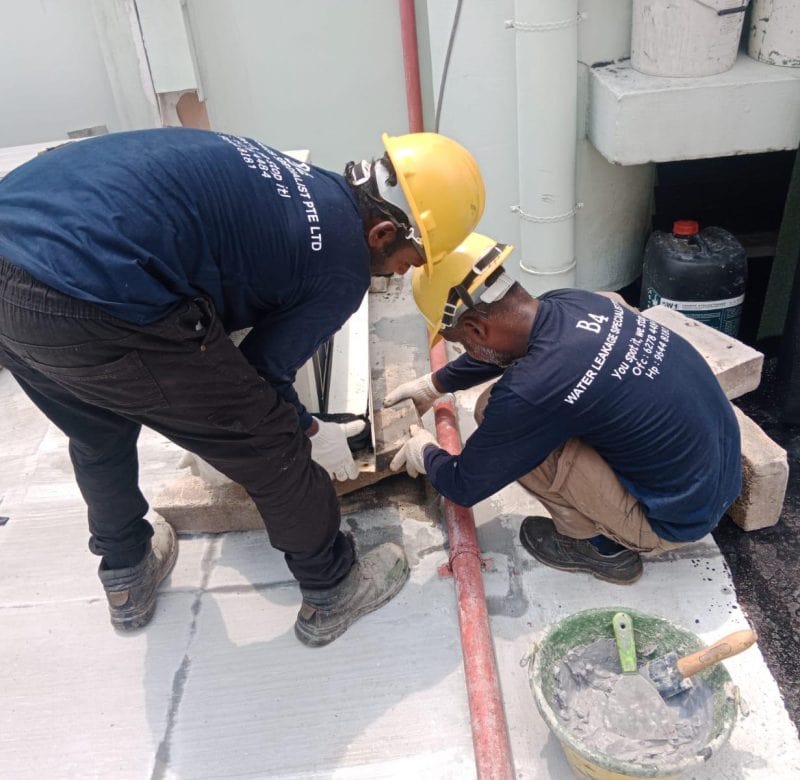
Water leakage in homes is a common yet often overlooked problem that can lead to severe long-term damage if not addressed promptly. While some signs of water damage, such as visible stains or mold growth, are easy to spot, many leaks occur behind walls, under floors, or in hidden spaces, where they can silently wreak havoc. This is where water leakage experts come in, offering crucial services that can protect your home from hidden damage that might otherwise go unnoticed until it’s too late.
The Silent Threat of Water Leaks
Water leaks may seem harmless at first, but even the smallest leak can cause extensive damage over time. Water slowly infiltrating behind walls or under floors can weaken the structural integrity of your home. In hidden areas, such as attics or basements, water can rot wood, weaken metal components, or compromise insulation, leading to costly repairs. Furthermore, the presence of moisture promotes mold and mildew growth, which can pose health risks to your family and cause further damage to building materials.
What makes water leaks even more problematic is that they often occur in places where they’re not immediately visible. Behind walls, under floors, or inside ceilings, leaks can persist for months before symptoms, like mold or musty smells, become apparent. By the time these signs are visible, the damage may already be extensive and costly to repair.
The Role of Water Leakage Experts
Water leakage experts specialize in identifying and addressing these hidden problems before they escalate into significant damage. These professionals use specialized tools and techniques to detect leaks that aren’t immediately obvious. Here’s how they help protect your home:
1. Advanced Detection Techniques
Water leakage experts employ cutting-edge technology to identify leaks in places that are difficult to access. Using tools like infrared cameras, moisture meters, and acoustic listening devices, they can detect water seepage in walls, ceilings, and floors without the need for invasive methods. Infrared cameras, for example, allow experts to see temperature differences that indicate the presence of moisture behind surfaces, making it possible to locate leaks without damaging walls or floors.
2. Thorough Inspections
An expert will conduct a comprehensive inspection of your home’s plumbing system, roof, windows, and foundation, identifying any areas prone to leaks. They’ll also check common trouble spots like bathrooms, kitchens, and basements where leaks are more frequent. This thorough inspection helps catch minor issues before they become major problems, preventing costly repairs down the line.
3. Expert Leak Repair and Prevention
Once a leak is detected, water leakage experts not only fix the immediate issue but also offer long-term solutions to prevent future leaks. This may involve sealing cracks in walls or foundations, upgrading old plumbing systems, or installing better waterproofing solutions in vulnerable areas. By addressing the root cause of the leak, experts help ensure that your home remains protected from future water damage.
4. Mold Remediation and Prevention
ADI Leak investigators often leads to mold and mildew growth, which can damage your property and pose serious health risks. A water leakage expert can help with mold remediation by not only repairing the leak but also drying out the affected areas and ensuring proper ventilation. They may also treat the surfaces with mold inhibitors to prevent future outbreaks.
Conclusion
Water leakage experts play a vital role in protecting your home from hidden water damage. By employing advanced detection methods, providing thorough inspections, offering expert repairs, and preventing mold growth, they can help safeguard your home from costly, long-term damage. Regular inspections by a water leakage professional can give you peace of mind, ensuring that your home remains a safe, dry, and healthy environment for years to come.

